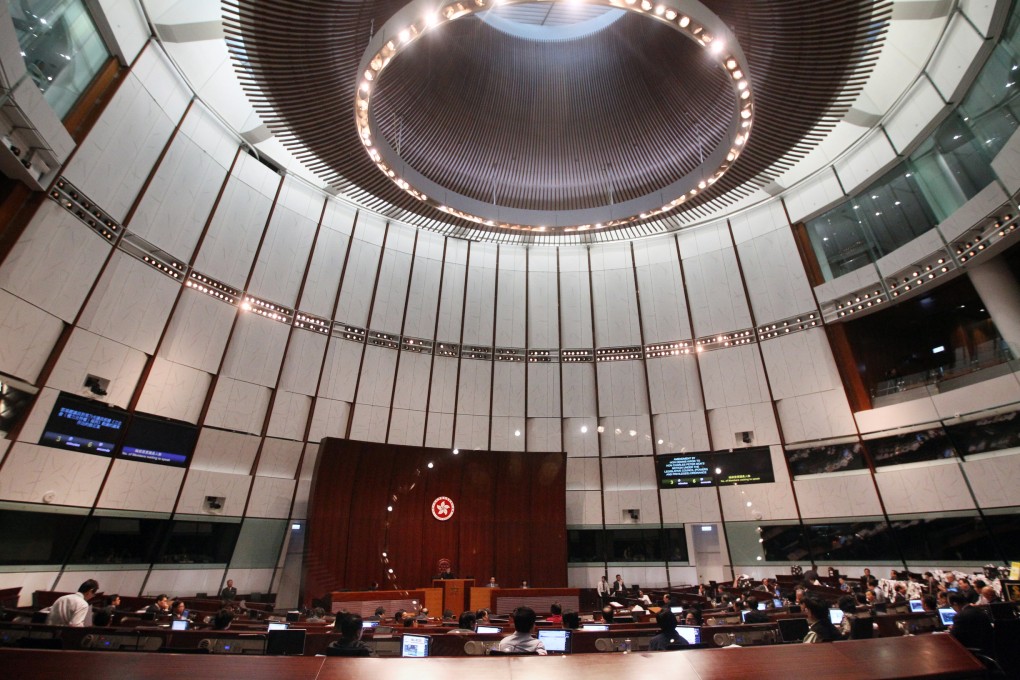Legco election 2016: How a handful of voters elect 30 Hong Kong lawmakers
In the second of a four-part series on prospects for reform in the 2016 Legco election, we look at who elects functional constituency lawmakers

Are Hong Kong's functional constituency lawmakers vital ballast against populism and a mark of the importance of business in upholding the city's stability, or an anachronism that stands in the way of true democracy?

The composition of Legco is being discussed as the city moves towards universal suffrage, in 2017 for the chief executive election and 2020 for the legislature.
Professor Wang Zhenmin, dean of law at Tsinghua University and a former member of Beijing's Basic Law Committee, said last month that the city had to uphold the interests of businessmen to protect capitalism and meritocracy as it moves towards universal suffrage.
But University of Science and Technology political scientist Dr Sing Ming says the functional constituencies, with an electorate of less than 240,000 individuals, businesses and corporate bodies, need an overhaul.
"The 35 geographical seats and five district council functional constituency seats [so-called "super seats", chosen by city-wide ballot] are elected by a total of 3.47 million voters. That means one functional vote carries the same weight as 12.5 geographical votes," said Sing. "It goes against political fairness."
A useful place to start in picking apart the debate would be to look at exactly how the 240,000-strong voter base is made up: closer scrutiny shows that the seats are in the hands of an even smaller group of people.